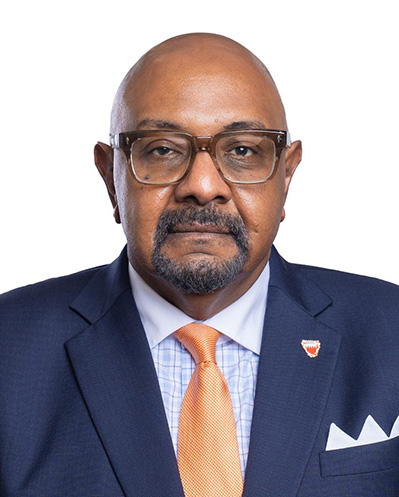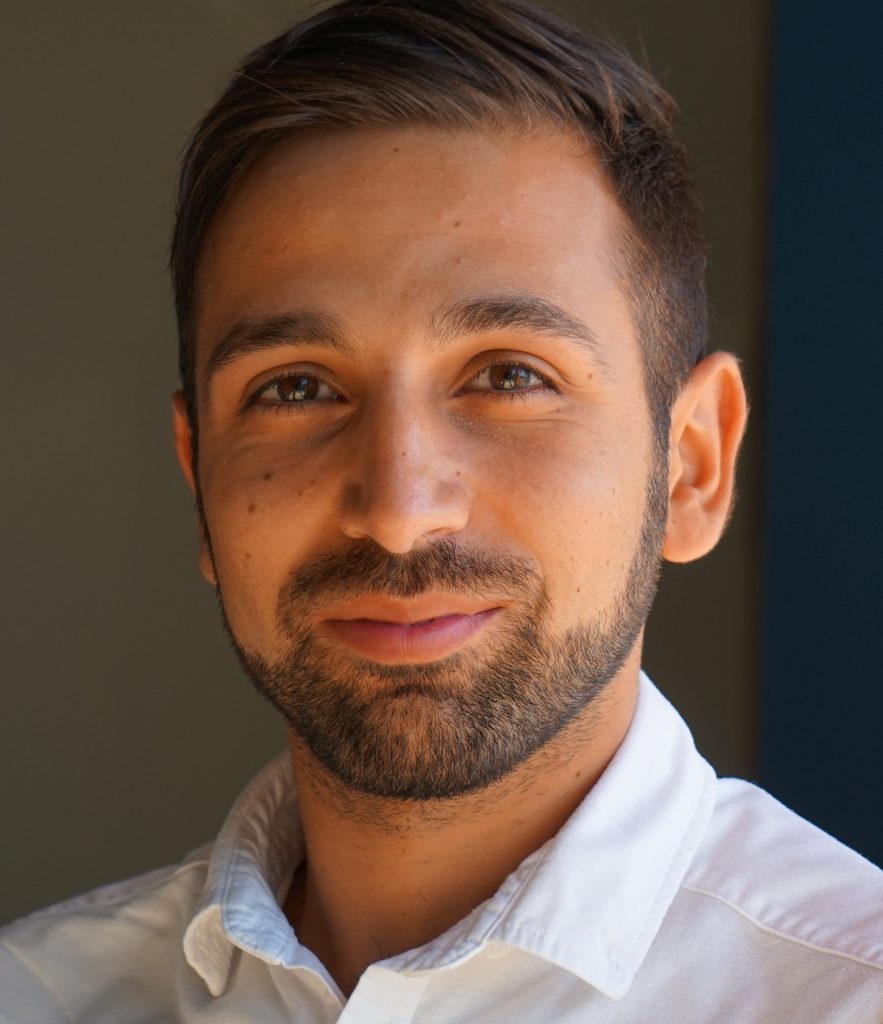Efforts to Promote Religious Freedom and Peaceful Coexistence in Bahrain

Alsadig Khalafalla is a member of the Board of Trustees of the King Hamad Global Center for Peaceful Coexistence and currently serves as an advisor for strategic affairs at the Ministry of Foreign Affairs in the Kingdom of Bahrain. The following post is based on his remarks during the panel “Religious Perspectives on Religious Freedom and Peace” at the ICLRS 31st Annual International Law and Religion Symposium, 7 October 2024.
Bahrain, a small island nation in the Arabian Gulf, has been a focal point for discussions surrounding religious freedom and peace, stemming from its diverse religious landscape. Bahrain is a Sunni Muslim country with a significant Shia population, but it is also home to various religious minorities, including Christians, Jews, Hindus, and members of other faiths. This diversity in Bahrain has shaped the discourse on religious freedom, often reflecting the broader political and social dynamics at play in the region. Historically, Bahrain has been characterized by its tolerance toward different religions. The Bahraini Constitution guarantees freedom of worship, allowing various religious communities to practice their faith openly. Houses of worship belonging to numerous faiths can be found across the country, symbolizing the degree of open society.


